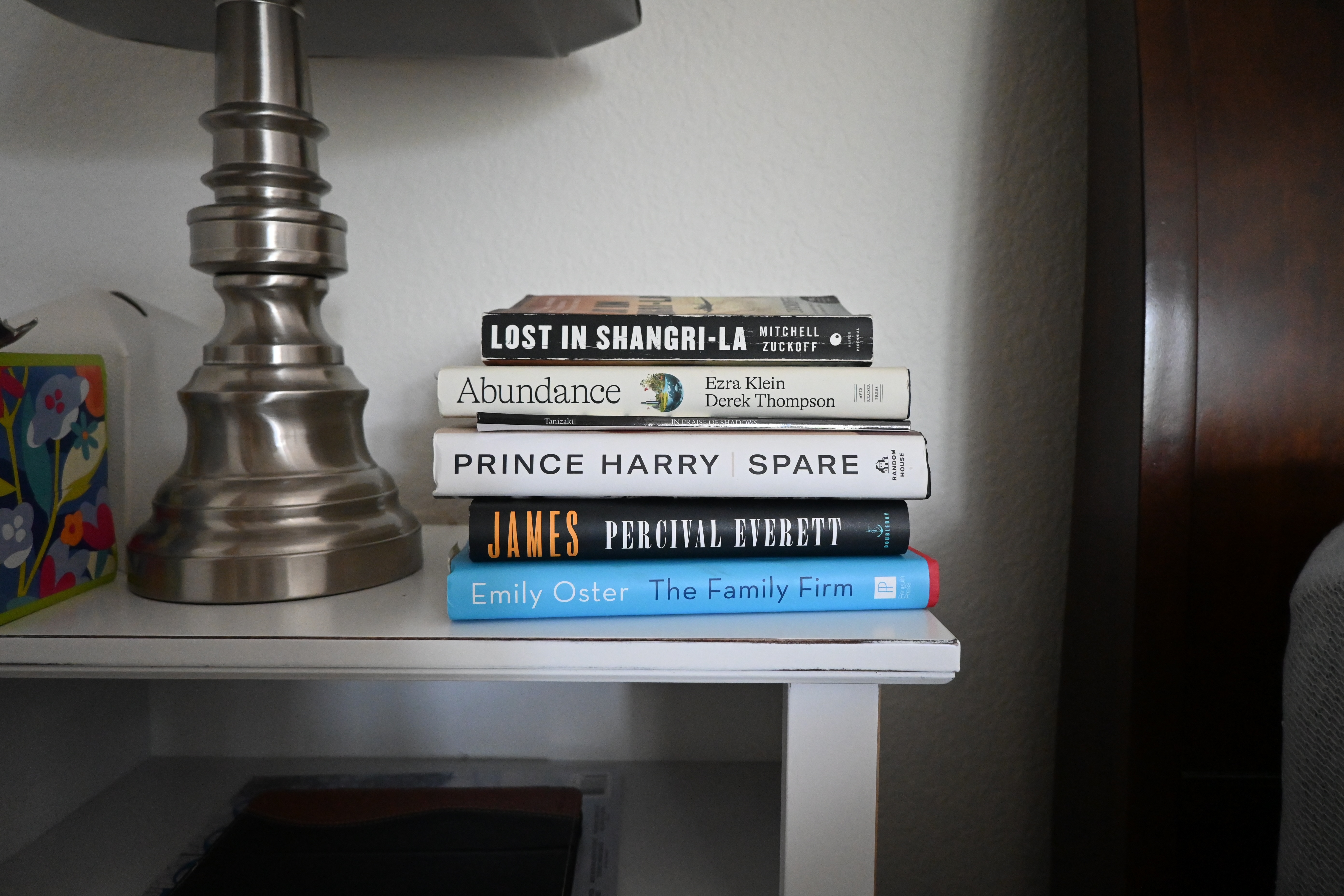Right before joining HashiCorp, I felt lost. After spending years on a series of small teams working as the solo designer, I had been laid off. I felt a deep pang of failure.
After a few months riding the emotional rollercoaster that people call “freelancing”, I joined HashiCorp in January 2018.
Almost immediately, I realized why I had previously been so mediocre at my job.
Being the only designer (I was an engineer, too) on small teams allowed me to grow quickly at the beginning of my career. I saw a huge breadth of responsibility across the realm of tech. I did everything from interviewing customers to designing visual mockups to writing tests for our Rails applications. I wouldn’t trade that experience for anything.
But doing so only served my growth for a short time. I stayed in the “solo designer” position for too long. My skills stagnated. And worse, I didn’t know it.
A lone designer does multiple jobs at once. I was a project manager, creating processes where there were none and corralling stakeholders who didn’t know what a radio button was. I was a UX researcher in ambiguous spaces, a data analyst of my own self-determined success metrics, and a visual designer with a hacked together UI kit in place of a design system.
It was great.
For a while.
I could only learn so much before getting pulled in a completely different direction. Most importantly, there were no designers around to give me the feedback I so desperately needed.
At my current job, I finally got that focus and feedback. Our team started off small with three of us, but we’ve since grown to a Design organization of nearly ~50 incredible designers.
I’ve gotten feedback on my designs, my process, and my mindset through a variety of different touch points with design peers, mentors, and managers. Having come from an environment where I had to bootstrap my own learning, I haven’t taken these larger team systems for granted.
A peer design critique where people know what good design is and can explain why it works? A robust design system so I don’t have to create another extensible input component for every use case? A career matrix where I can grow my skills according to a documented set of expectations? Wild!
But having an appetite for a team didn’t mean it was a perfectly smooth transition from solo designer to teammate. For example, despite being hungry for feedback, I still had to learn a few skills around receiving it. Active listening, thanking the giver, questioning with curiosity, avoiding defensiveness, identifying recurring themes…and on.
I am so grateful for being on a team. Being surrounded by strong designers was the key to my own evolution as a designer. My only regret is that I wish I had realized that I needed peers sooner.

